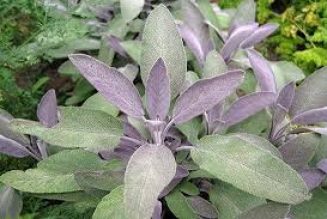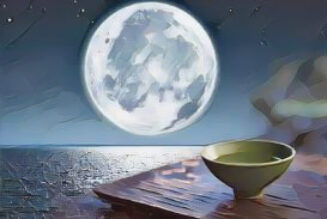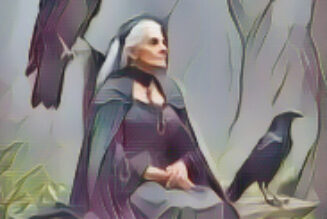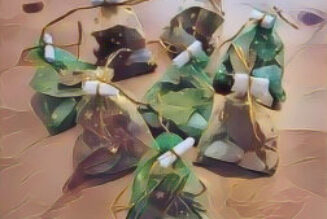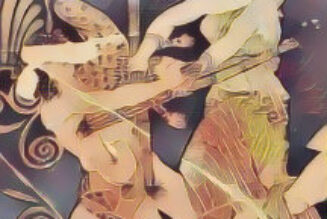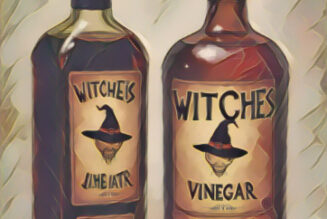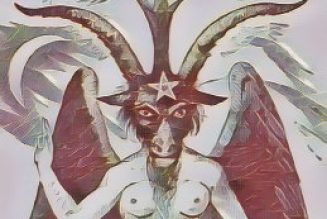Witchcraft has fascinated and mystified people for centuries. Its roots stretch back through ancient civilizations, where wise women, healers, and shamans practiced rituals to connect with nature and the unseen world. Today, witchcraft is a diverse and evolving spiritual path, drawing from many cultures and traditions.
Despite its long history, there are still many misconceptions about witchcraft. It is not about evil, harm, or revenge. In fact, most witches follow ethical guidelines, such as the Wiccan Rede, which encourages practitioners to “harm none.” Witchcraft is about personal empowerment, self-discovery, and working in harmony with the natural world.
If you’re new to witchcraft, it’s important to approach it with respect and curiosity. Don’t rush to pay someone for spells or rituals—true magic comes from your own intention and effort. Spells are most effective when cast by the person seeking change, because your energy and willpower are the driving force.
There are many different paths within witchcraft. Some people are drawn to Wicca, a modern pagan religion that honors the cycles of nature. Others may follow traditional witchcraft, green witchcraft focused on herbs and plants, or eclectic paths that blend various influences. You might also explore kitchen witchery, hedge witchcraft, or even solitary practice.
It may be important to take your time and explore what resonates with you. Read, research, and reflect. Witchcraft is a journey of self-discovery, and your path will be unique. Trust your intuition, stay open-minded, and remember that the magic is within you.






























